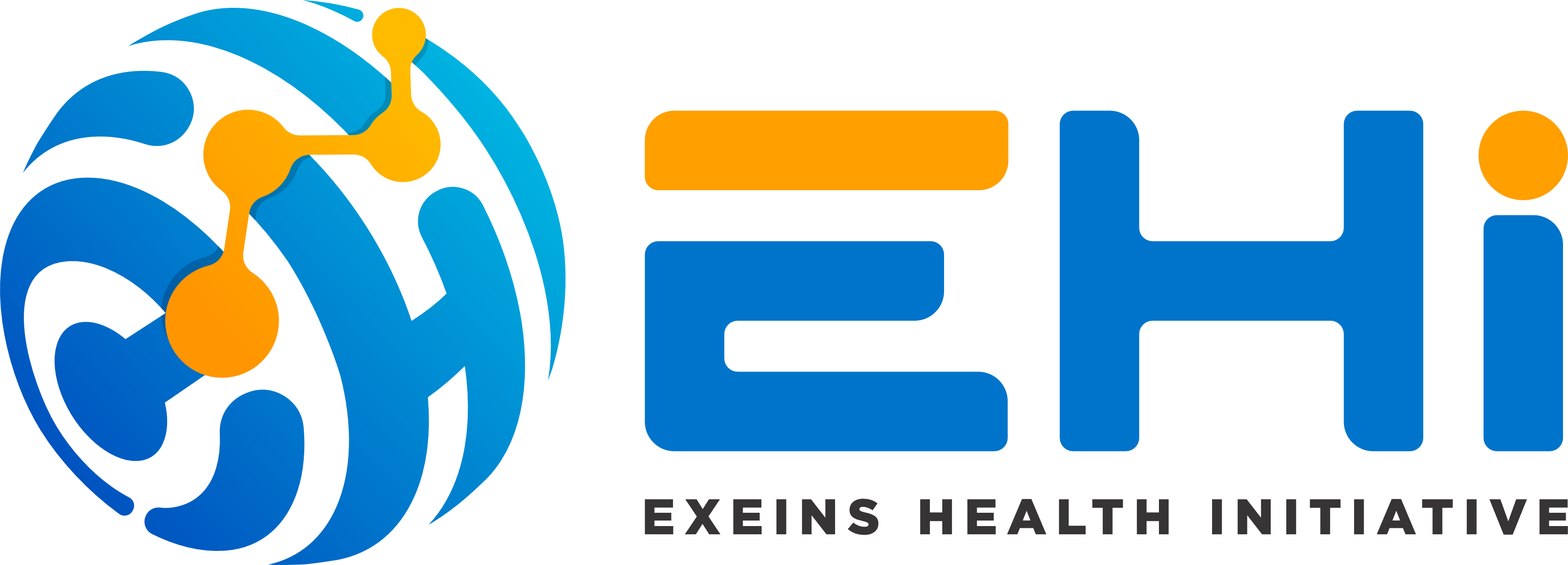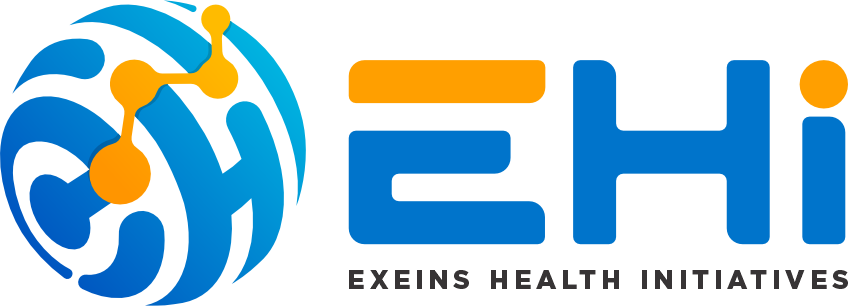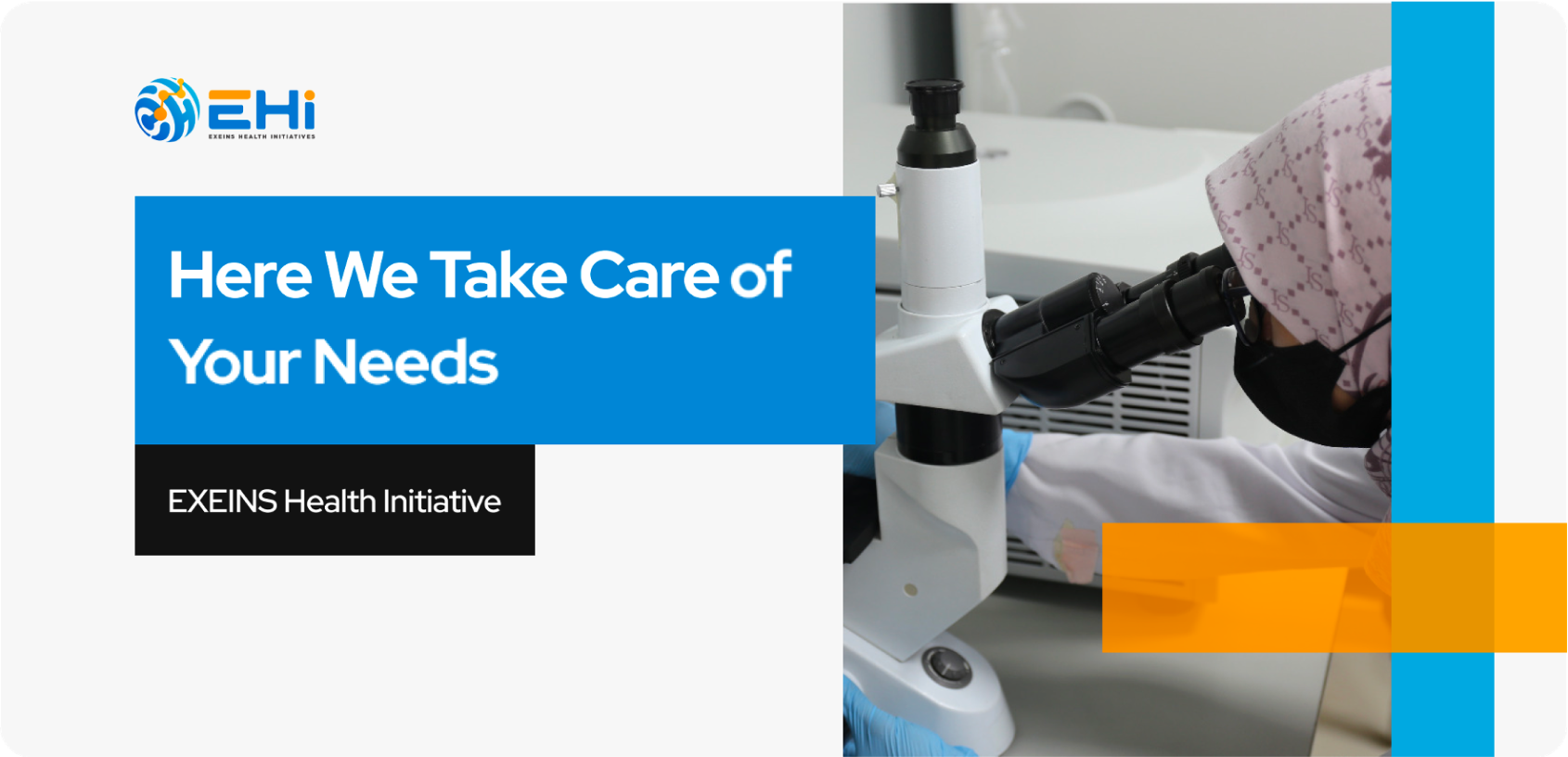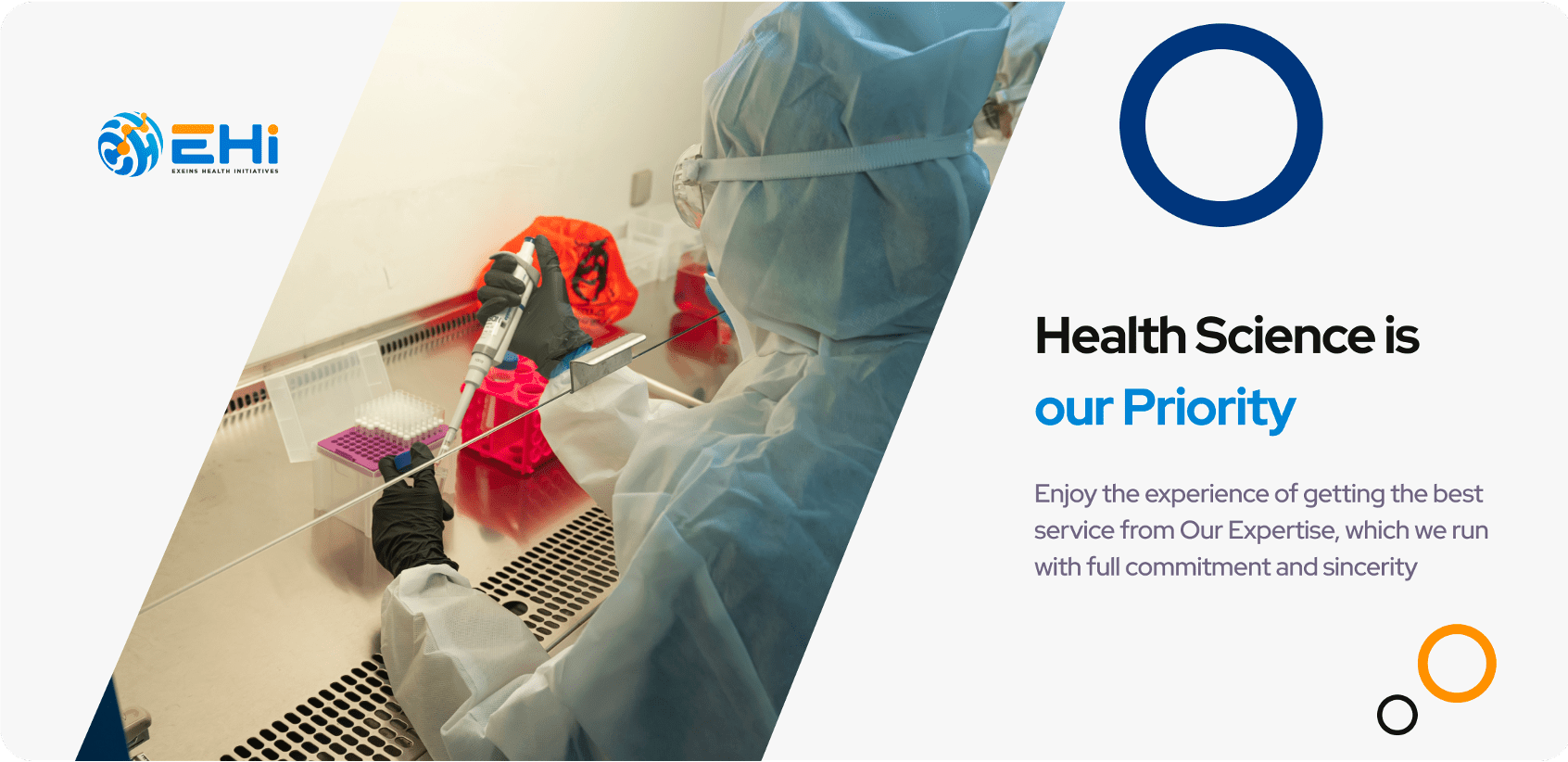“Scientific knowledge is in perpetual evolution; it finds itself changed from one day to the next.” -Jean Piaget
EHI had previously announced three of its young scientists as LPDP awardees, which is a joyous moment for us at EHI, as it shows the continuous growth of our individuals in striving for knowledge.
Pursuing knowledge was never a yes-no question here at EHI. It is a matter of how and when it will be done for its founders and senior researchers have always believed in the never-ending pursuit of knowledge. It is the core belief that was shared and passed down to its scientists which in turn motivates them to seek further education.
EHI is very blessed to have capable and inspiring scientists who are willing to better equip themselves with newer and updated methods to face modern challenges in science. As science is a never-ending phenomenon that is always changing and full of new mysteries, it is great news to us that these scientists could very well be future leaders that could solve the many challenges that we are currently facing.
Meet some of our scientists: Aghnianditya Kresno Dewantari, Nadia Fadila, Dionisius Denis, Agatha Mia Puspitasari. This is their journey.
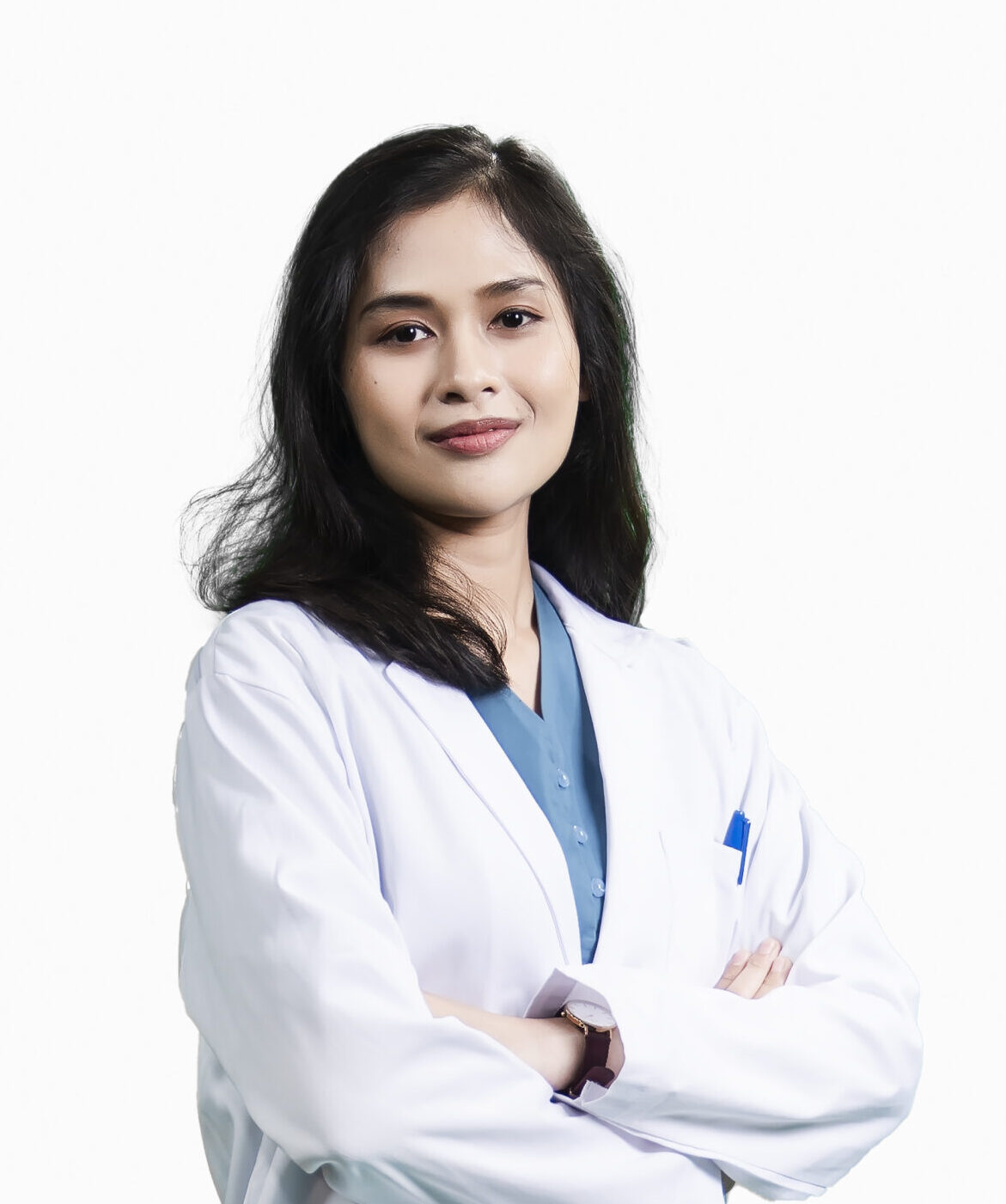
Aghnianditya Kresno Dewantari
Aghni is a Chevening awardee currently studying at Imperial College London. Chevening Scholarships are provided by the UK government and fully funded by the Foreign, Commonwealth, and Development Office and partner organizations. She is taking her master’s in Molecular Biology and Pathology of Viruses where she learned the molecular biology of viruses, how viruses manipulate their host causing disease, and host countermeasures of these infections.
After several years working around infectious diseases in Indonesia, she felt agitated about the knowledge and capacity gap which she believes can be reduced by adopting global knowledge and technology in Indonesia. The scholarships gave her the opportunity to study at one of the best universities in the world which provided me with the current knowledge delivered by renowned scientists.
She also shared her excitement in studying. “Personal subjects that are close to my heart are zoonotic viruses (studies viruses in human-animal and potential spillover) and respiratory viruses which I am very fortunate to be involved in such research for my final project.” She hopes to not only implement and adapt what she has learned but also open a new network to global research endeavors.
“I hope that EHI can be a pioneer of research excellence in health research by providing high-quality research information, innovation and global collaboration including nurturing future scientists.” -Aghni on her hopes for EHI.
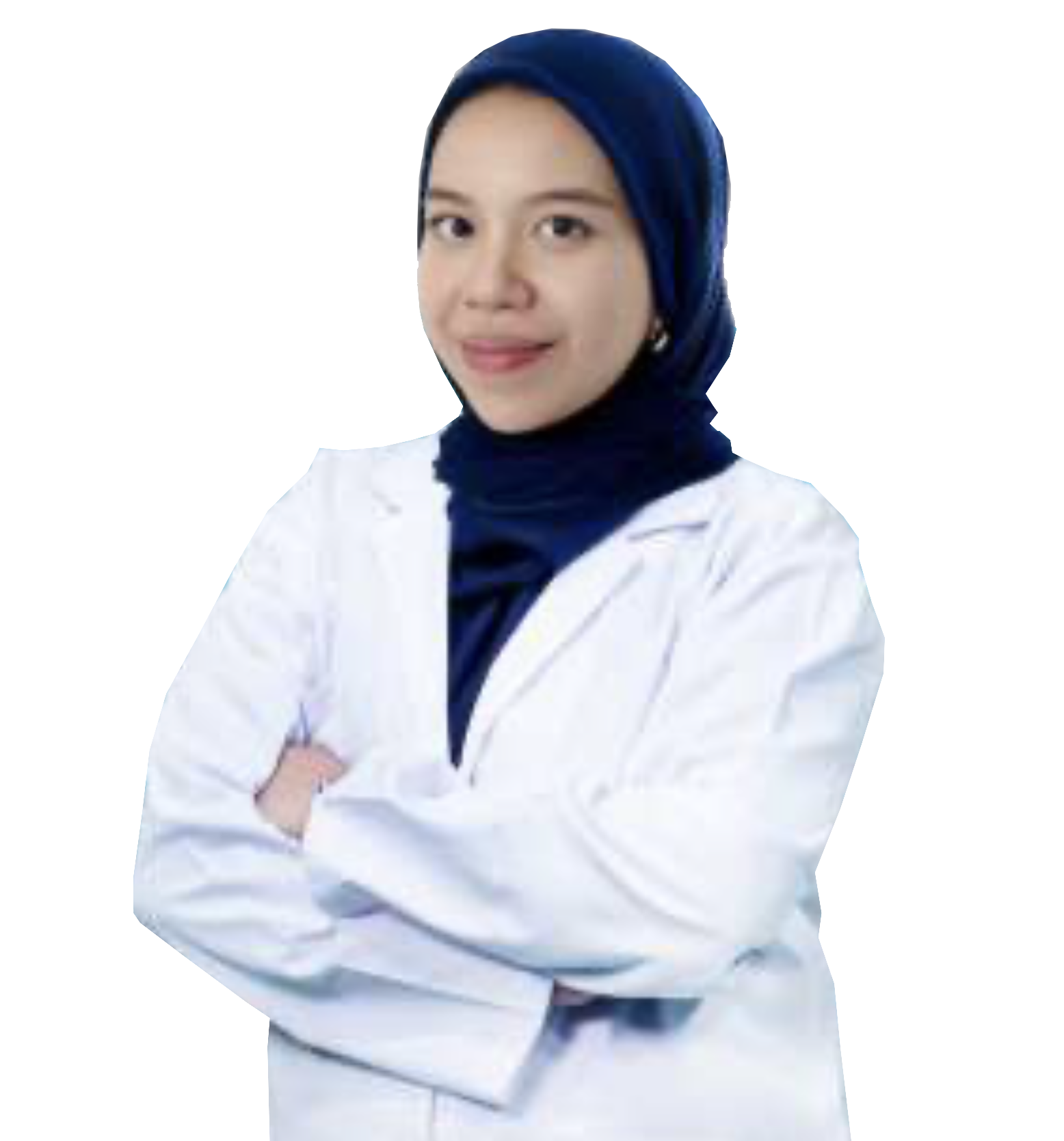
Nadia Fadila
Nadia has interests in malaria research which led her to apply for the John Allwright Fellowship through the Australia Awards Scholarship. The Department of Foreign Affairs and Trade administers Australia scholarships, which are long-term scholarships. People from developing nations, especially those in the Indo-Pacific area, are given the chance to enroll in full-time undergraduate or graduate programs at participating Australian universities and Technical and Further Education (TAFE) institutes.
Nadia is already quite experienced as a malaria researcher which she was involved in collaborative research projects regarding malaria surveillance and response. She is optimistic that studying for a Master of Public Health and a Master of Health Research in Australia at Menzies School of Health Research will provide her with advanced knowledge and skills that will allow her to improve the quality and impact of her research and practice.
She hopes to have an extensive grasp of malaria research, from laboratory research to converting research findings into public health interventions and policies, ultimately assisting malaria elimination programs. In her return to EHI and Indonesia, she hopes to address challenges and opportunities in malaria prevention, control, and elimination through a one-health approach. Furthermore, with the contacts and networks that she has made there, she wishes to create collaboration, exchange ideas, share resources, and support in research undertakings.
She is motivated to implement leadership and management skills that she has developed through John Allwright Fellowship Executive Leadership Program (JAFel) to lead, inspire, and innovate within her research institution, contributing to its vision, mission, and goals. Finally, she wants to share her knowledge of Australian culture, lifestyle, and diversity, which she had the pleasure of learning. She expressed that nature is the best feature of Australia as she enjoyed going to national parks and diverse landscapes, and doing activities like walking, hiking, and swimming in waterfalls.
“My hopes for EHI are to continue support and recognition for my research, professional development, and contributions. I’m excited to share everything I’ve learnt abroad with colleagues and mentors. I expect that EHI will provide a welcoming and stimulating atmosphere for young researchers to perform high-quality, impactful research. I hope that EHI will always create a collaborative, innovative, and exceptional culture among its researchers and personnel.
In the future, I wish for EHI to play a leading role in advancing tropical health research and one health agenda in Indonesia, contributing to national and regional development goals. I am honoured to be a member of EHI and plan to continue my work when I return.” Nadia expressed her excitement in returning to EHI and hopes for EHI’s continuous growth.
Slightly different from Aghni and Nadia who are currently studying in their respective universities, Denis and Agatha have recently completed their studies. It will be interesting to hear what they have to say.

Dionisius Denis
Denis chose the Microbiology program for his master’s degree. Mainly because his interest lies in studying how viruses cause disease in humans with the hope to design therapeutics against them. He completed his master’s degree in the United States, and learned a lot about how scientific research was conducted there.
He is very impressed with how scientific discussion and collaboration (between laboratories and institutes) are very encouraged. He also feels there are more scientific communication outreach programs in the states such as explaining science to high school students or people with non-scientific backgrounds.
He feels Indonesia could do more of these scientific communication programs to help educate people and sparks interest in research. Currently, he is doing part-time research in EHI, still in regards to viruses and viral diseases, while applying for Ph.D. schools as he wants to further his training as a scientist in hopes to lead his own research in the future. He wishes that EHI will continue to produce quality research and put Indonesian scientists on the global map.
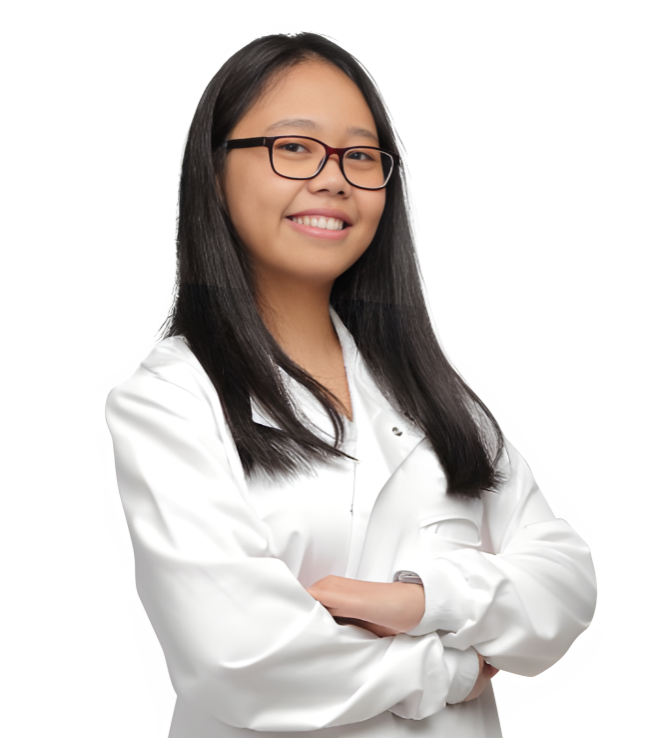
Agatha Mia Puspitasari
Meanwhile, Agatha studied Biomedical Sciences for her master’s at Liverpool John Moores University, UK. One of the reasons she took this course was due to the broad knowledge of biomedical science they offered. As a molecular biologist, she realized the need to explore further about other specialised fields of biology to have a different perspective and come up with a better solution to solve scientific questions.
She mentioned a different perspective on how to overcome a public health issue was the major take-backs from her study. The take-home messages that she has obtained would be intended for solving the malaria issue in Indonesia since she has been working on it for more than 5 years. she has learned that lots of interventions from numerous aspects could accelerate malaria elimination progress.
“For example, from the scientific side, we could improve the diagnostic method or identify their transmission by molecular technique. Subsequently, we would share our project results, as part of our contribution, to the government as the policy maker that could amend their intervention to reduce malaria cases.” Currently, she is involved in a malaria diagnostic testing study under the supervision of Dr. Rintis Noviyanti.
The study is taking place at Timika, Papua to collect the samples at health facilities. While conducting the laboratory and field work here, she is also planning to continue her study toward Ph.D. to boost the science output in Indonesia. Finally, she hopes that EHI will continue to support and facilitate young scientists, to develop, grow and sharpen their skills and knowledge in the world of science that keeps improving endlessly.
Truly, what amazing and inspiring people these young scientists are. EHI is extremely blessed to have these passionate researchers that are knowledgeable and curious to pursue more and more. We are excited for what they have to offer and will provide our continuous support to these young scientists in their pursuit to better themselves for a better Indonesia.
